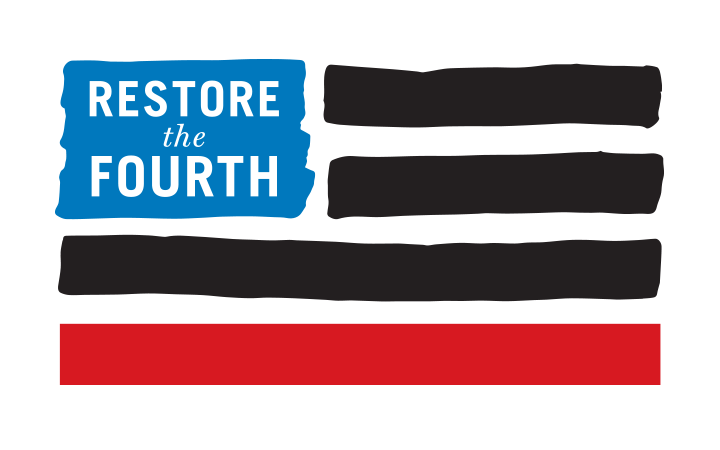|
Dear Friend,
Along with other civil liberties advocacy organizations, we've warned about the dangers that a series of bills pose to our privacy on the internet and beyond. The Electronic Frontier Foundation (EFF) put together a convenient site for you to take action against KOSA, the STOP CSAM Act, EARN IT Act, the RESTRICT Act, and the Cooper-Davis Act by contacting your Congressional representatives.
Congress is considering packaging these bills together as part of must-pass legislation. Any one of these pieces of legislation alone is enough to do serious damage to our right to privacy. Together, they pose a momentous threat to our digital integrity. Below we've outlined why each of these bills are problematic, and why we need your help in combatting them:
The Bad Internet Bills
The Kids Online Safety Act (KOSA) gives additional authority to state attorneys-general to bring civil action against internet service providers who fail to follow its privacy violating mandates. These include, but are not limited to; parental supervision of minors' use of internet services, restrictions on information minors can access, and incentives to implement age-verification techniques. This violates everyone's privacy, and has an outsized impact on vulnerable minors, like LGBTQ+ youth. You can learn more on our blog and take action below.
The STOP-CSAM and EARN-IT Acts intend to address a serious problem: rampant child sexual abuse and the online proliferation of child sexual abuse material (CSAM). But by forgetting, or not knowing, how the Fourth Amendment works, the lawmakers devising them are unintentionally making it harder for online platforms to search for CSAM and remove it; and they're making it legally unwise for platforms to host any kind of content that deals with adult themes or human sexuality, or to offer customers end-to-end encryption of user communications,, like WhatsApp or Signal do. You can learn more from our previous campaign on the issue.
The RESTRICT Act's broad mandate and undefined mitigation measures have the potential to criminalize the use of VPNs, heavily restrict cryptocurrency transactions, and impose heavy burdens onto everyday citizens for simply accessing an app. These violations would come with burdensome criminal and civil penalties. Serving up to 20 years in prison for accessing commonly-used technology is an extreme civil liberties violation. Visit our previous campaign to learn more.
The Cooper-Davis Act pressures online service providers to search for and take down drug-related content. Aside from the fact that discussions of drugs online can be beneficial for formulating policy responses, the legislation runs afoul of the Fourth Amendment. Learn more about this constitutional issue from our op-ed.
|
Consider supporting the work we do by making a donation here. |
